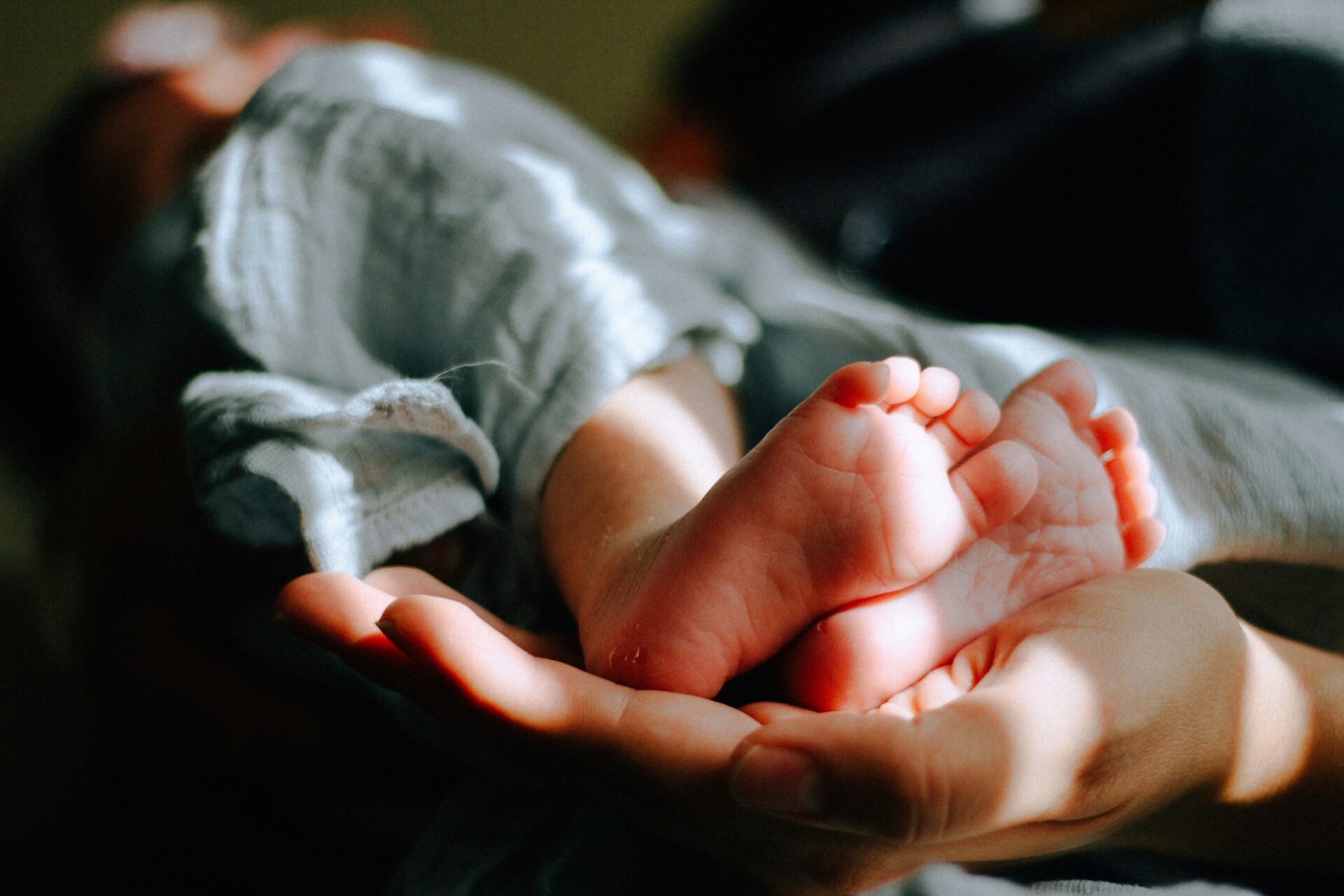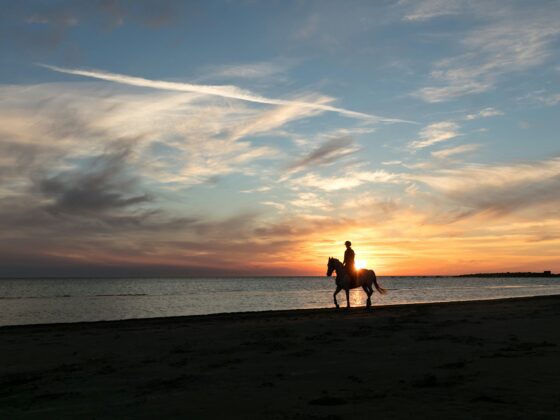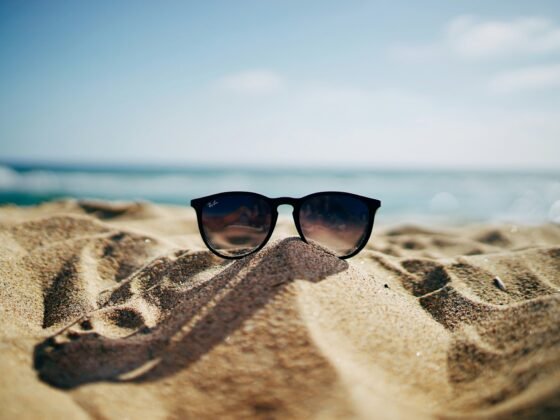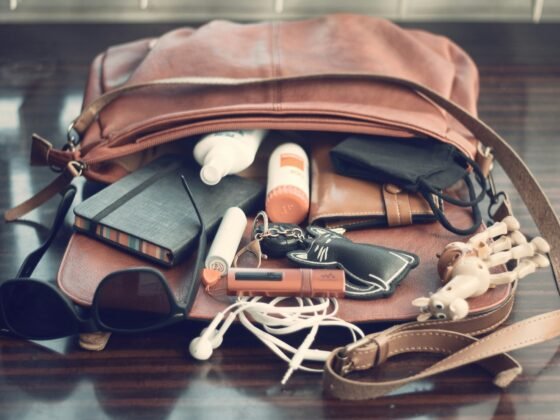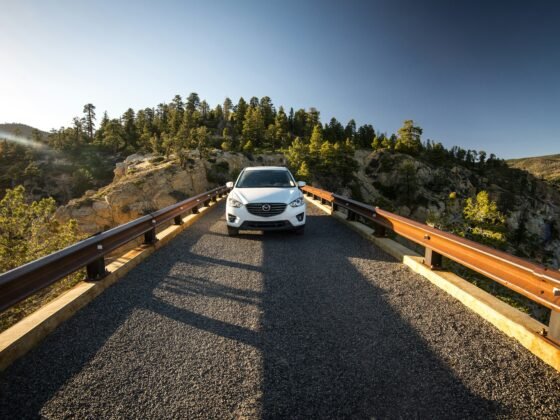It is not easy to take trips with a newborn baby, but if proper procedures are followed and the right knowledge is acquired, planning such trips can be straightforward.
These things can be applied whether you visit relatives, vacation, or maybe even permanently move to another city. Take note of the following tips to make that conveyance comfortable for the little one.
Plan Ahead
Look up your target location or areas you plan to visit before you begin the trip. Ask for baby facilities in the hotel, the distance to the nearest hospital or clinic and nearby pharmacies. Travelling with a baby requires that you ensure the place you are booking has a crib for the baby, a refrigerator where you can store milk or formula (milk powder), and clean water.
For excellent travel, it is advisable to seek your paediatrician’s permission before taking your newborn. Tell your dentist about any travel plans you may have and seek recommendations for how to handle any possible health issues. Your doctor will advise you on feeding, sleeping and its tips, jet lag, and any vaccinations or drugs you may require for the trip.
Packing Essentials
A diaper bag will become your companion while travelling; it is an ingenious invention, and the playpen is its modern version. Pack it with all the essentials: diapers, wipes, spare change mat, diaper rash cream and wipes, spare clothes for your baby, an additional shirt for yourself and several plastic bags for soiled diapers and clothes.
If you’re breastfeeding, you would need to have your breast with you, and if you’re bottle feeding, you would need to carry along the bottle and water or any other new milk formula. Some things a woman may need for breastfeeding include a nursing cover, breast pads, and a breast pump, if necessary. Provision of rejections, feeding bottles and a portable heater for warming the formula for use in bottle feeding. If you use the expressed milk, pack it in a cooler bag with ice packs.
Some items that can be stored in a small emergency kit are a thermometer for checking someone’s fever, your baby’s pain, or the fever reducer Tylenol. Still, please consult your paediatrician before using saline drops, a bulb syringe for cleaning a congested nasal passage, and hand sanitiser in case your hands are dirty.
However, it is recommended that you bring along some basics such as the baby’s favourite blanket and a comfort item, pacifiers and toys to keep your baby engaged during the journey.
Travelling by Car
One of the most critical aspects of an infant is the car seat; of course, if it is properly installed, this is one of the safest spaces for the child. Ensure the car seat is in your baby’s correct age and height category and has been properly installed per the manufacturer’s guidelines. Your baby must be fastened securely with the harness, and the chest clip should be placed on your chest at the armpit area.
If you go on long journeys, especially by car, make sure to factor in regular breaks to avoid fainting. Take breaks every 1. If you later put the baby in the crib for 5 to 2 hours to feed, change diapers, and allow the baby to move around, it also allows you to rest before proceeding further on the journey on the road you are on.
Cover the windows with blinds to keep your baby from direct sunlight. Parents should also put their baby in light clothing and wear a hat to protect the baby’s face from being directly affected by the sun.
Travelling For Umrah
In Islam, Umrah is a very beneficial type of worship. Muslim parents who desire to perform Umrah with a newborn baby may take extra precautions with some added measure of care.
But if you take the suitable Umrah deal, that will give you an excellent environment to make your journey less complicated. If you want to visit this place in good weather with less heat so you can explore more without worrying about your baby. Then, nothing would be better than December. Grab Umrah Packages from a good travel agency and make it safe and worth enjoying the journey with your newborn baby.
Therefore, the parent should consult a paediatrician before the journey to confirm that the baby can travel and advice on immunisations and health considerations. Proper packing for the trip is required even though extra space is limited; this applies to baby needs such as diapers, formula, clothes, and a bassinet or crib.
Travelling by Plane
When selecting your flight ticket, avoid transits whenever you can. If possible, choose a spot at the back of the aeroplane since this area provides more leg space, which can help feed and change the baby. If you can get a bulkhead seat, consider taking a bassinet. The seat is comfortable, and you can use the bassinet.
One is encouraged to take an early boarding to settle comfortably to keep things comfortable during the flight. Feed your baby during takeoff and when the plane is landing, as this action will minimise ear popping due to the process. Pack all that could be needed on the flight in a convenient bag.
An aeroplane has a low wet bulb temperature, which may cause a dry and cold environment. It will help your baby to be in layers of clothing, allowing you to regulate the temperature as necessary. Let them have their meals and juices, particularly breast or formula milk and water.
Accommodations
Make sure your choice of hotel or lodge is family-friendly, explicitly focusing on babies. Confirm that there is a safe sleeping place, such as a crib or portable crib, and that the surrounding space is clean from things that might harm the baby, like exposed wiring or small items. A kitchenette may help prepare baby food, wash bottles, and feed the baby.
It is advisable to try to remain as consistent with the baby as possible, especially regarding the time of day or night. Maintaining the nap, feeding, and bedtime routine would also be helpful because it allows the baby to have a familiar schedule in his or her new environment. It was reported that having familiar things such as blankets or toys to hold on to helps a lot in assisting them in having a sense of security.
On the Go Tips
Using a baby carrier is also quite advantageous when travelling frequently. It allows the two of you to have your hands free while at the same time being close to the baby. It is also helpful in places where the traffic is congested, such as an airport terminal or a railway station.
If you plan on using a stroller, make sure it is collapsible and small enough to lug around. While most strollers can be taken apart for checking in and are often lighter, some are intended for travel and can be checked at the gate.
When a newborn is on a journey, plans and undertakings often do not go exactly as planned. Keep your cool and anticipate changes; everything can turn slightly off. Buckle down when necessary, provide for frequent breaks, and change the schedule to suit the baby.
Conclusion
Travelling with a newborn baby might become a bit more complicated, but you can easily remove the hassle by following the above tips. Plan the trip like that you do not end up stressing for your baby throughout the journey but instead provide the best for him/her and ensure that you, as a parent, have a comfortable trip. Don’t be overwhelmed by everything that needs to be done, and make sure to enjoy the experiences you are having as well. Safe travels!
Image: Unsplash, Omar Lopez

